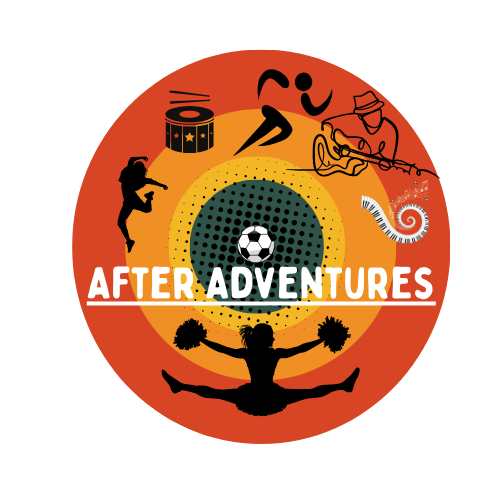Lesson Plan: Introduction to Rhythm with African Drums
Grade Level: 1
Duration: 45 minutes
Materials Needed:
- African drums (or any simple hand drums)
- Rhythm sticks (optional)
- Whiteboard and markers (for demonstration)
- Audio playback device (for music examples of African drumming)
Objectives:
- Students will understand and identify basic rhythmic patterns.
- Students will be able to clap and perform simple rhythm patterns accurately using African drums.
Activities:
1. Warm-Up (10 minutes)
- Vocal Warm-Up: Start with a short vocal warm-up using call-and-response patterns (e.g., “La, la, la”). Encourage students to use different pitches.
- Body Percussion: Have students create a steady beat using claps and stomps. Gradually increase the tempo to build energy and engagement.
2. Introduction to Rhythm (10 minutes)
- Explain Rhythm: Use the whiteboard to explain the concept of rhythm. Define it as the pattern of sounds and silences in music.
- Demonstration: Clap a simple rhythm pattern (e.g., clap-clap-rest) and then mimic it on the African drums. Ask students to repeat after you, first clapping and then on the drums, gradually introducing more complex patterns (e.g., clap-clap-clap-rest).
3. Group Exploration (15 minutes)
- Group Practice: Divide students into small groups and assign each group a different rhythm pattern to practice on the African drums.
- Creative Rhythm Creation: Challenge each group to create their own rhythm pattern using the drums. Allow 5-7 minutes for this creative process.
- Group Performance: Once they have created their patterns, have each group perform for the class. Encourage students to listen carefully and identify the different rhythms.
4. Rhythm Game (5 minutes)
- Rhythm Echo: Play a game where you play a rhythm on the African drums, and students echo it back. Gradually increase complexity by adding longer patterns.
5. Wrap-Up (5 minutes)
- Review Key Concepts: Ask students to share their favorite rhythm they learned today. Highlight how rhythm is present in everyday life (e.g., heartbeats, footsteps).
- Reflection: Encourage students to think of a real-world example of rhythm and share it with a partner.
Assessment:
- Observe students during group activities to assess their understanding and participation.
- Provide positive feedback and encourage creativity during performances.
Extensions:
- For students who grasp the concept quickly, challenge them to incorporate movement (like dancing) with their drum rhythms.
- Introduce a simple African song that includes rhythmic clapping, allowing students to practice rhythm in a musical context.
This 45-minute lesson plan focuses on engaging students with rhythm through African drums, fostering both understanding and enjoyment of music.

